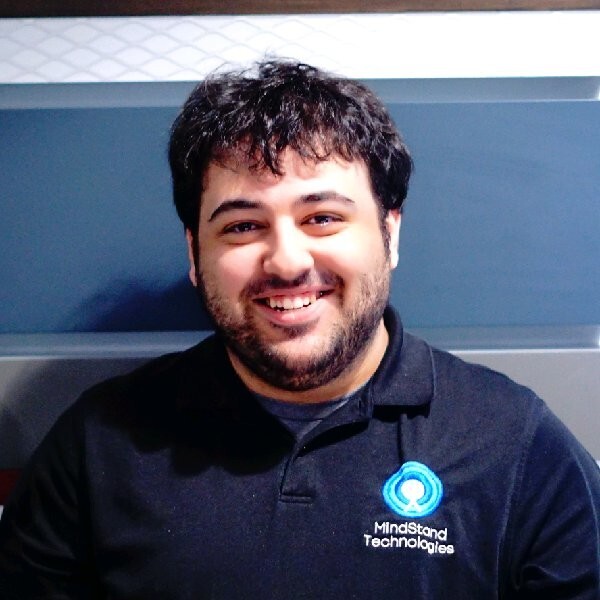Career progression is important. After all, it’s what motivates us, keeps us engaged, and ultimately helps us climb the career ladder. For many developers, becoming a Product Owner is seen as the ultimate goal. But, it’s not for everyone.
When working in agile teams, you cannot be a product owner and a developer, i.e. a team member. Indeed, it goes against one of the key principles of Scrum, commitment.
So, at some point in your career, you will probably have to make a choice. Do you want to move to Product Owner or stay in Developer for the long term?
Thank you for joining us!
See TNW 2022 Conference Highlights
It’s not an easy decision and there are a lot of different factors to consider, that’s where we come in. We’ve rounded up everything you need to know, the pros and cons, and the ins and outs. Now all you have to do is weigh your options.
How do the roles differ?
In a nutshell, Product Owners are responsible for deciding what to build next. They will always make these decisions with the end user in mind. They turn customer issues and queries into user stories and also prioritize these stories in the product backlog.
They must :
- Communicate the voice of the customer to the development team
- Attend all agile and scrum meetings
- Control Backlog Refinement
- Plan different iterations
- Work on story acceptance criteria
- Participate in demos and retrospectives
- Look at the big picture
On the other hand, a product developer is responsible for developing or improving a product to meet the needs of its customers. Developers write, test, debug and maintain applications.
They must :
- Software research and design
- Identify areas to modify
- Problems solving
- Write and maintain software
- Document processes for future maintenance and upgrades
Who would be a good candidate for this role?
As you have probably already realized, the role of Product Owner is not for everyone, it takes a certain type of person to jump into this title and make it their own.
First, you’ll need to be strong in soft skills such as communication, organization, and critical thinking to align your entire team.
Second, the role requires a large amount of technical knowledge and a solid understanding of the market.
Finally, the best Product Owners are decisive and fair. When faced with a large amount of feedback, they have to sift through it all to find out what matches the vision and goals of the project. To do this, you need to be comfortable with saying no.
What are the advantages ?
- Exposure to many different aspects of the business e.g. marketing, finance etc.
- Opportunity to develop leadership skills
- A challenging but rewarding role
Alright, but what about the downsides?
- No time spent on hands-on labs like coding
- More time spent on meetings and dealing with requests
- Taking responsibility for things that are largely out of your control
What about money?
Of course, the salary often depends on your experience and the company you work for. But, there’s no harm considering what you could potentially gain in both roles.
According to the Indeed Salary Calculator, the average product developer salary is $55,346 per year. A product owner, on the other hand, earns around $70,607. Obviously, money isn’t everything, but it’s definitely a factor you need to consider.
With any career change, you need to spend time thinking about your options before taking the plunge. Either way, you are sure to have an exciting and varied career in this field.
Whether you decide to go the developer route or realize that being a product owner is for you, check out House of Talent’s job board for the latest and greatest career opportunities.



